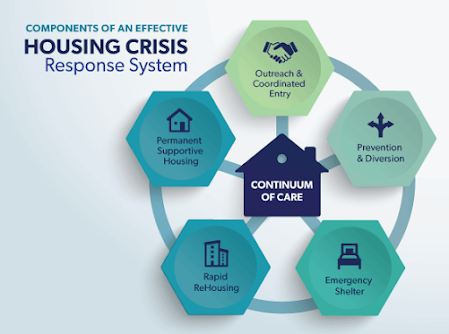Empty Homes? Tax ‘em for the Homeless

(Photo Source: https://www.oregonbusiness.com/article/real-estate/item/18431-estimates-point-to-thousands-of-vacant-apartments ) Every day a student passes through downtown Portland, they will come across a vast homeless population struggling to keep themselves warm. Towering above Their head in the beautiful Portland skyline is plenty of unoccupied apartments, too high price for the average American earning minimum wage to rent. How do we provide the homeless population with space, if there are no affordable apartments they can occupy? How can we guarantee that pricing does not force more people onto the streets? A solution is needed, and researchers in London are proposing perhaps taxing is the first step. In 2018 there were a total of 6,000-17,000 vacant units in downtown Portland. With on average 4000 individuals a year suffering from various states of homelessness. To get them off the street, we need to incentivize Mainstreet to meet these individuals half...








